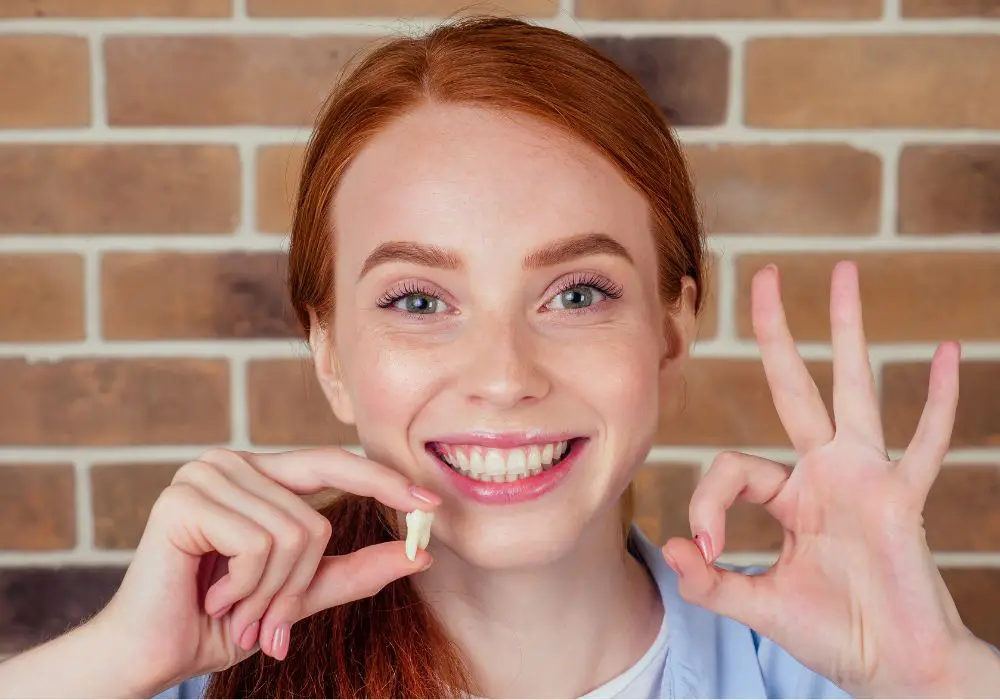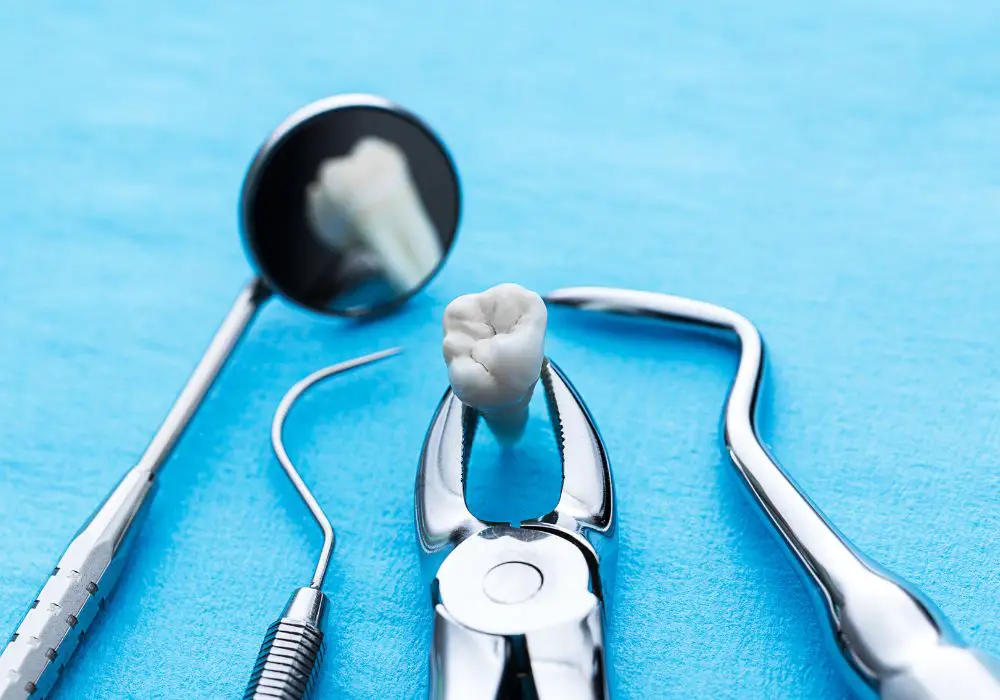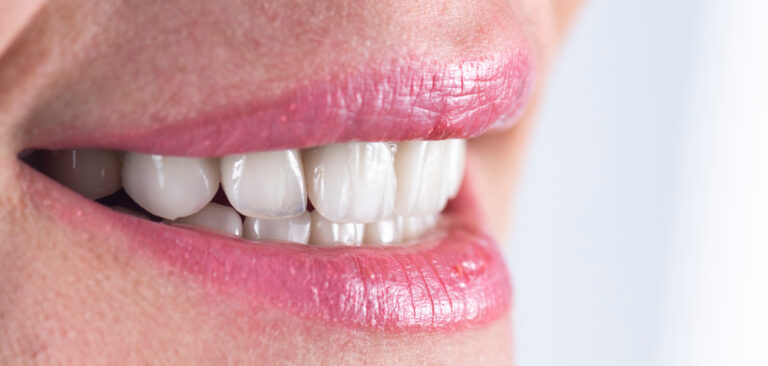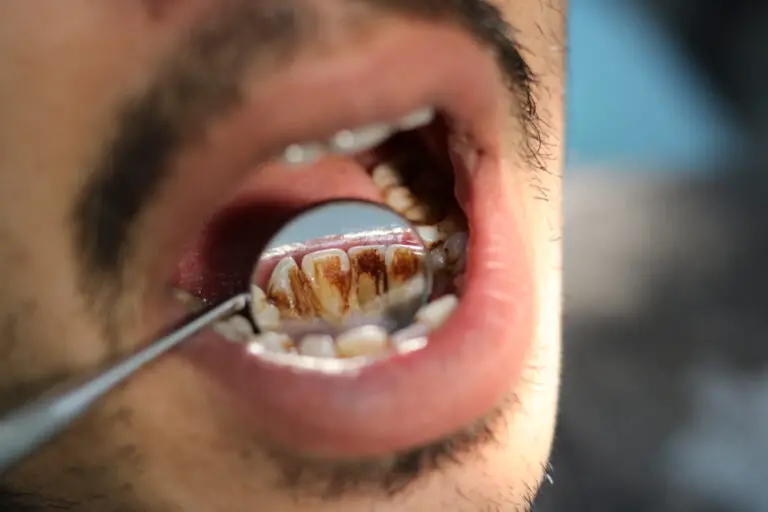Are you curious about the ideal length of teeth? Teeth are a crucial part of our body, and they play a vital role in our daily lives. From helping us chew food to giving us a beautiful smile, teeth are essential. So, how long should your teeth be?
The ideal length of teeth varies from person to person, and there is no one-size-fits-all answer to this question. Generally, the length of teeth should be proportional to the size and shape of your face. Your dentist can help you determine the ideal length of your teeth based on your facial features and other factors. Keep in mind that the length of your teeth can also affect your bite and your ability to chew properly.
It’s important to note that the length of teeth can also impact the appearance of your smile. If your teeth are too long or too short, it can affect the symmetry and balance of your smile. Cosmetic dentistry procedures such as veneers or bonding can help adjust the length of your teeth to achieve the perfect smile. However, it’s important to discuss your options with a qualified cosmetic dentist to ensure that the length of your teeth is adjusted appropriately.
Understanding Ideal Teeth Length

When it comes to your smile, the length of your teeth plays a significant role in its overall appearance. Teeth that are too short or too long can affect the balance and harmony of your smile. So, what is the ideal length for your teeth? Let’s find out.
Factors that Affect Ideal Teeth Length
The ideal length of your teeth depends on several factors, including your facial structure, gender, age, and personal preferences. Generally, men tend to have longer teeth than women, and as you age, your teeth tend to wear down, making them shorter.
Your facial structure also plays a crucial role in determining the ideal length of your teeth. Your dentist will consider your facial features, such as the shape and size of your lips, nose, and chin, to determine the optimal length of your teeth.
How to Achieve Ideal Teeth Length
If your teeth are too short or too long, your dentist may recommend cosmetic dentistry procedures to achieve the ideal length. Here are some common procedures that can help:
- Porcelain veneers: These thin shells of porcelain are placed on the front surface of your teeth to improve their appearance. Veneers can be used to make your teeth look longer or shorter, depending on your needs.
- Dental bonding: This procedure involves applying a tooth-colored resin to your teeth to improve their shape and size. Bonding can be used to lengthen or shorten your teeth.
- Gum contouring: If your teeth appear too short due to excess gum tissue, your dentist may recommend gum contouring. This procedure involves removing excess gum tissue to expose more of your teeth, making them appear longer.
Maintaining Ideal Teeth Length
Once you achieve the ideal length of your teeth, it’s essential to maintain it. Here are some tips to help you keep your teeth looking their best:
- Practice good oral hygiene: Brush and floss your teeth regularly to prevent tooth decay and gum disease, which can affect the length of your teeth.
- Avoid habits that can damage your teeth: Chewing on ice, biting your nails, and using your teeth as tools can damage your teeth and affect their length.
- Visit your dentist regularly: Regular dental checkups can help you maintain the health and appearance of your teeth, ensuring they stay at their ideal length.
In conclusion, the ideal length of your teeth depends on several factors, including your facial structure, gender, age, and personal preferences. If you’re unhappy with the length of your teeth, cosmetic dentistry procedures can help you achieve the ideal length. With proper care and maintenance, you can keep your teeth looking their best for years to come.
Factors Influencing Ideal Teeth Length
When it comes to ideal teeth length, there are several factors that come into play. In this section, we will discuss some of the most significant factors that influence the ideal length of your teeth.
Genetic Factors
Genetics play a vital role in determining the ideal length of your teeth. The size and shape of your teeth are largely determined by your genes. If your parents have smaller teeth, you are more likely to have smaller teeth as well. Similarly, if your parents have larger teeth, you are more likely to have larger teeth.
Age Factors
Age is another crucial factor that affects the ideal length of your teeth. As you age, your teeth tend to wear down, which can cause them to become shorter. This is particularly true for the front teeth, which are more exposed and susceptible to wear and tear. Therefore, the ideal length of your teeth may change as you age.
Gender Differences
Gender can also play a role in determining the ideal length of your teeth. Generally, women tend to have slightly shorter teeth than men. This is because women have smaller jaws, which can result in smaller teeth. However, this is not always the case, and there can be significant individual variation.
In conclusion, the ideal length of your teeth is influenced by a variety of factors, including genetics, age, and gender. While these factors can play a significant role, it is important to remember that every person’s ideal teeth length is unique and may vary based on individual circumstances.
Measuring Teeth Length

When it comes to determining the ideal length for teeth, there are professional dental measurements you can have done, as well as at-home measurements you can take yourself.
Professional Dental Measurements
If you’re looking for the most accurate measurement of your teeth length, then professional dental measurements are the way to go. Your dentist will use specialized tools to measure the length of your teeth, including:
- A periodontal probe
- A dental ruler
- A digital scanner
Using these tools, your dentist will be able to accurately measure the length of your teeth and determine if they are the ideal length.
At-Home Measurements
If you don’t want to visit the dentist, or you’re just curious about the length of your teeth, there are at-home measurements you can take yourself. These measurements won’t be as accurate as professional dental measurements, but they can still give you a good idea of the length of your teeth.
Here are a few at-home measurements you can try:
- Use a ruler: Place a ruler against your tooth and measure from the gumline to the tip of the tooth.
- Use floss: Wrap a piece of floss around your tooth and mark where the floss meets the gumline. Then, measure the length of the floss.
- Use a mirror: Take a close-up photo of your teeth and use a ruler to measure the length of each tooth in the photo.
While at-home measurements can give you a general idea of the length of your teeth, keep in mind that they may not be as accurate as professional dental measurements. If you have concerns about the length of your teeth, it’s best to schedule an appointment with your dentist.
Implications of Long Teeth
When it comes to dental aesthetics, the ideal tooth length varies from person to person. However, excessively long teeth can lead to both aesthetic and oral health issues.
Aesthetic Concerns
Long teeth can make your smile look disproportionate and unattractive. They can also cause your lips to appear thin, making you look older than you actually are. Additionally, long teeth can cause your gums to recede, exposing the sensitive roots of your teeth and leading to tooth sensitivity and pain.
Oral Health Issues
Long teeth can also lead to oral health problems. When your teeth are too long, they can interfere with your bite, causing jaw pain and difficulty chewing. Long teeth can also make it harder to clean your teeth properly, leading to an increased risk of tooth decay and gum disease.
If you’re concerned about the length of your teeth, it’s important to talk to your dentist. They can evaluate your teeth and recommend the best course of action. In some cases, your dentist may recommend tooth reshaping or contouring to remove a small amount of enamel and reduce the length of your teeth. In other cases, orthodontic treatment may be necessary to correct bite issues and improve the appearance of your teeth.
Overall, while long teeth can be a cosmetic concern, they can also lead to oral health problems. If you’re unhappy with the length of your teeth, it’s important to talk to your dentist about your options for treatment.
Implications of Short Teeth
Having short teeth can have both aesthetic and functional implications. In this section, we will explore these issues in more detail.
Aesthetic Issues
Short teeth can make your smile look less attractive. Teeth that are too short can make you look older than you are, while those that are too long can be unappealing. Ideally, your teeth should be proportionate to the rest of your facial features, and they should be in harmony with your smile.
Short teeth can also be a result of heavy wear, microdontia, erosion, or poor orthodontic arrangement. These issues can cause your teeth to appear shorter than they actually are and can make your smile look less attractive.
Functional Concerns
Short teeth can also cause functional issues. If your teeth are too short, they may not be able to perform their intended functions properly. For example, your front teeth should be able to bite and tear food, and your back teeth should be able to grind and crush it. If your teeth are too short, you may not be able to chew your food properly, which can lead to digestive issues.
Short teeth can also cause problems with your bite. If your teeth are too short, they may not be able to make proper contact with your opposing teeth. This can cause your bite to be misaligned, which can lead to issues with your jaw, such as TMJ disorder.
In conclusion, having short teeth can have both aesthetic and functional implications. If you are concerned about the length of your teeth, you should consult with a dental professional. They can help you determine the cause of your short teeth and recommend appropriate treatment options.
Adjusting Teeth Length

If you are unhappy with the length of your teeth, there are various cosmetic dentistry and orthodontic interventions that can help you achieve your desired results.
Cosmetic Dentistry Options
Cosmetic dentistry offers several options for adjusting the length of your teeth. These options include:
- Veneers: Veneers are thin shells of porcelain or composite resin that are bonded to the front of your teeth. They can be used to lengthen teeth that are too short or to even out the length of uneven teeth.
- Bonding: Bonding involves applying a tooth-colored resin to your teeth and shaping it to the desired length. Bonding can be used to lengthen teeth that are too short or to repair chipped or cracked teeth.
- Gum contouring: Gum contouring involves removing excess gum tissue to expose more of your teeth. This can make your teeth appear longer and more proportional.
Orthodontic Interventions
Orthodontic interventions can also be used to adjust the length of your teeth. These interventions include:
- Braces: Braces can be used to move teeth into the desired position, which can help to adjust the length of your teeth. Depending on the severity of your case, braces may need to be worn for several months to several years.
- Invisalign: Invisalign is a clear aligner system that can be used to straighten teeth and adjust the length of your teeth. Invisalign aligners are custom-made for your teeth and are worn for 20-22 hours a day.
- Tooth extraction: In some cases, tooth extraction may be necessary to adjust the length of your teeth. If your teeth are too long, removing a small portion of the tooth can help to make them more proportional.
Overall, adjusting the length of your teeth is possible with the help of cosmetic dentistry and orthodontic interventions. Consult with your dentist to determine which option is best for you.
Frequently Asked Questions
What is the ideal length for front teeth?
The ideal length for front teeth varies depending on your gender, age, and facial structure. However, in general, the ideal length for front teeth is about 10 to 12 millimeters for women and 10.5 to 12.5 millimeters for men.
How can I achieve the perfect teeth shape?
The perfect teeth shape depends on your personal preferences and facial structure. However, there are some tips that can help you achieve a more symmetrical and aesthetically pleasing smile. These include maintaining good oral hygiene, avoiding sugary foods and drinks, and visiting your dentist regularly.
How much of your teeth should show when you smile?
The amount of teeth that should show when you smile depends on your personal preferences and facial structure. However, in general, you should show about 2 to 4 millimeters of your upper teeth when you smile.
What makes teeth alignment perfect?
Perfect teeth alignment depends on your personal preferences and facial structure. However, in general, teeth that are straight, evenly spaced, and properly aligned with your jawbone are considered to be perfectly aligned.
Are longer teeth more attractive than shorter teeth?
The attractiveness of teeth depends on your personal preferences and facial structure. However, in general, teeth that are proportionate to your facial features and smile line are considered to be more attractive.
What are considered attractive teeth characteristics?
Attractive teeth characteristics include being straight, evenly spaced, and properly aligned with your jawbone. Additionally, teeth that are white, clean, and free of chips or cracks are considered to be more attractive.






